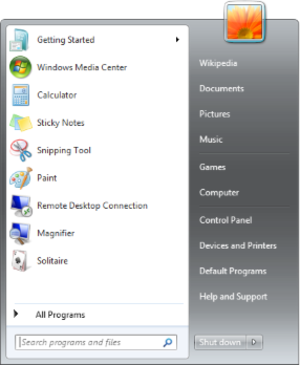I was trying to compile a program that depends on BOOST, and figuring out how to specify non-default compilers to BOOST took me a while to figure out.
Download your version of BOOST and untar:
wget http://sourceforge.net/projects/boost/files/boost/1.52.0/boost_1_52_0.tar.bz2 tar xjf boost_1_52_0.tar.bz2
Find the user-config.jam file (this is where the magic happens) and edit:
cd boost_1_52_0 vim tools/build/v2/user-config.jam
Add the line corresponding to your C++ compiler (In my case G++ 4.4). The user-config.jam file loosk something like:
# ------------------ # GCC configuration. # ------------------ # Configure gcc (default version). # using gcc ; # Configure specific gcc version, giving alternative name to use. # using gcc : 3.2 : g++-3.2 ; using gcc : 4.4 : /usr/bin/g++44 ;
The syntax is:
using <toolset name> : <version> : <executable> ;
See more info here: http://www.boost.org/boost-build2/doc/html/bbv2/reference/tools.html
Now bootstrap BOOST as you normally would:
./bootstrap.sh --prefix=/opt/boost_1_52_0_gcc44
And compile! Use the -d2 option to up the debug level of b2, so you can see the actual compile command (and check that b2 is using the correct compiler):
./b2 -d 2 ./b2 install
Tell your mother of that awesome blog post you just read.


